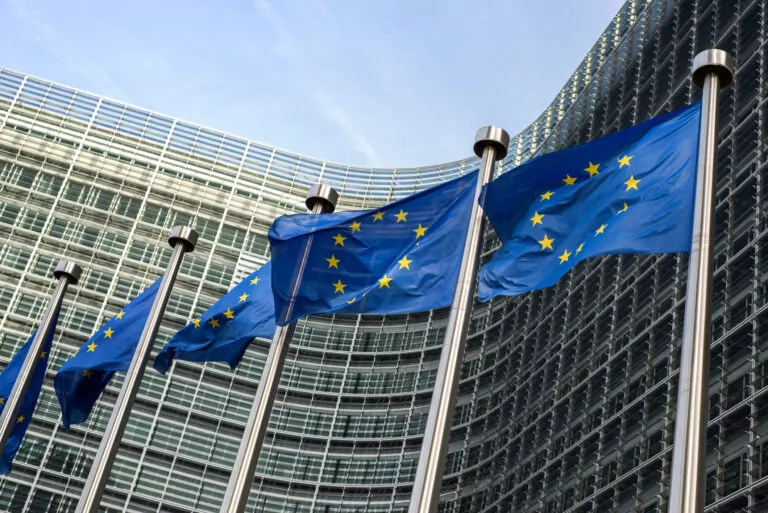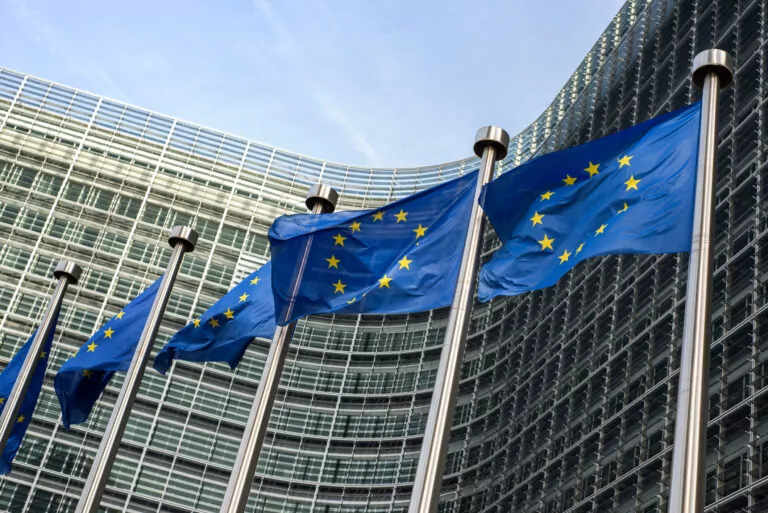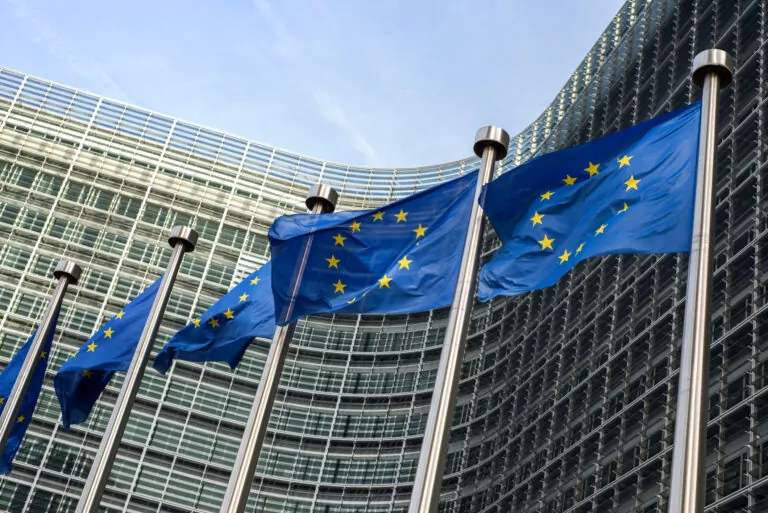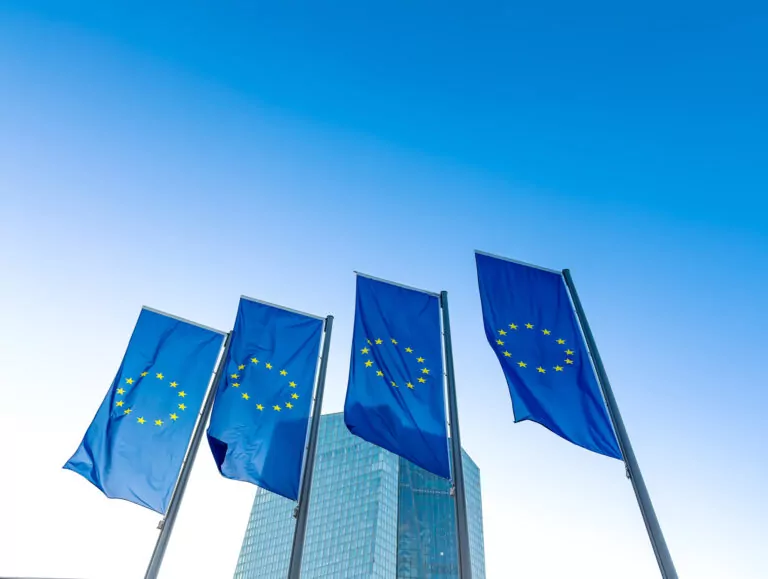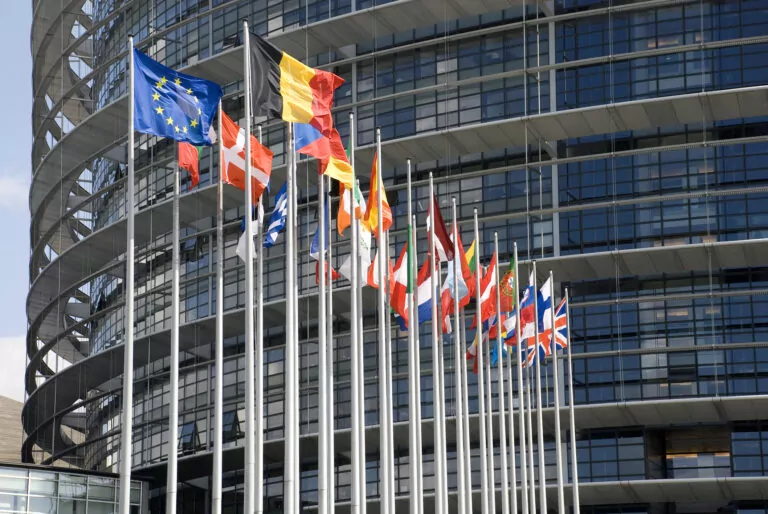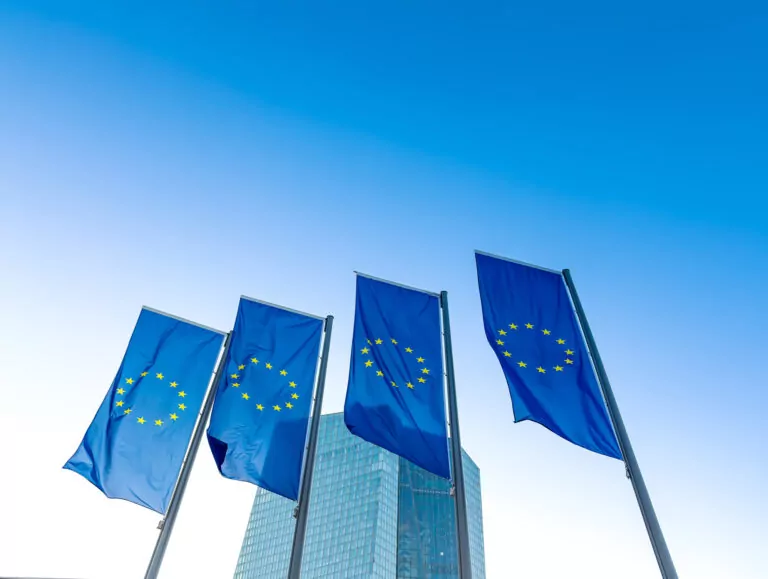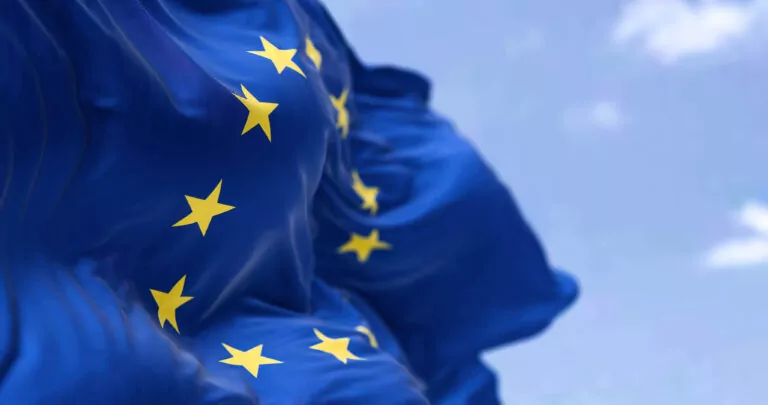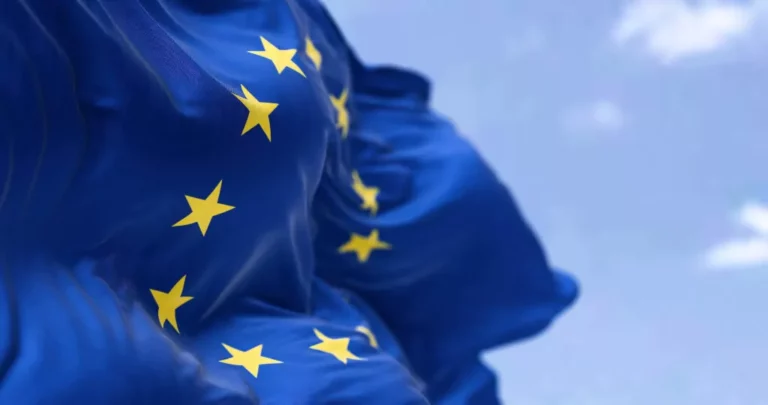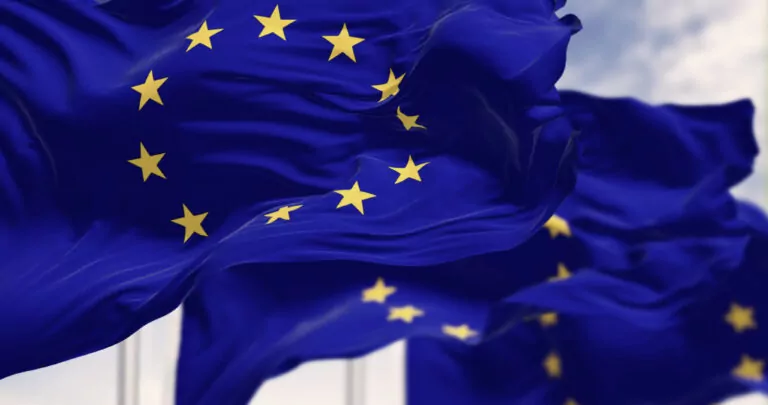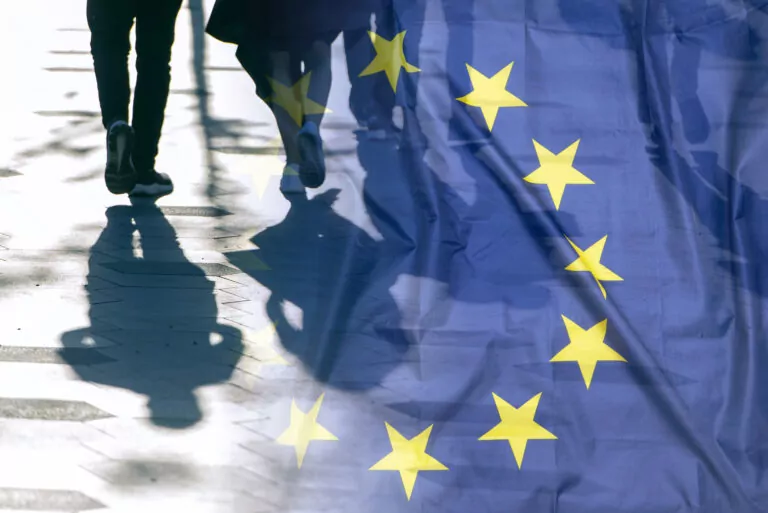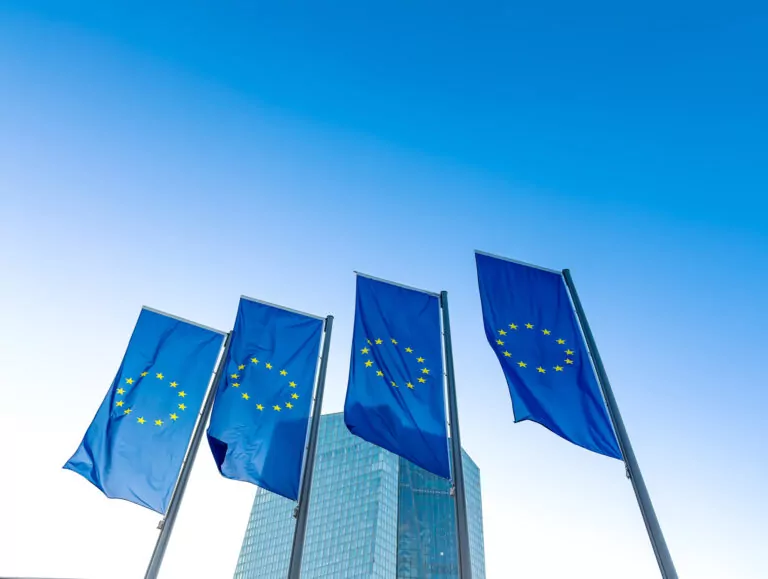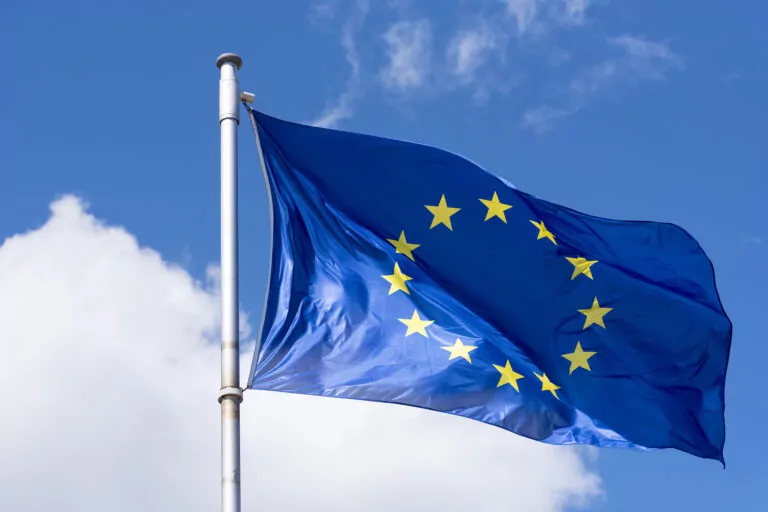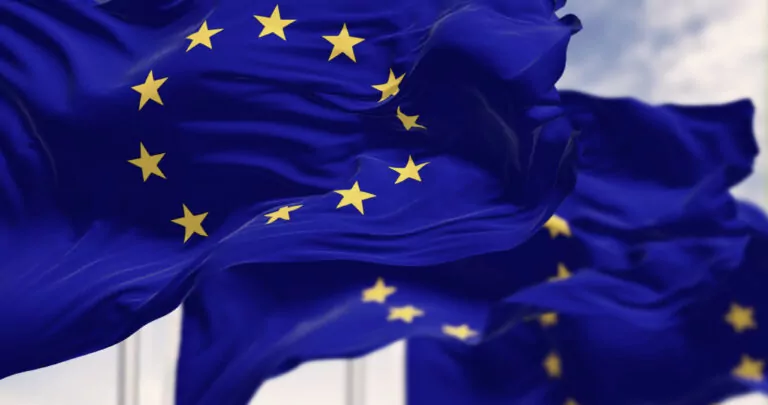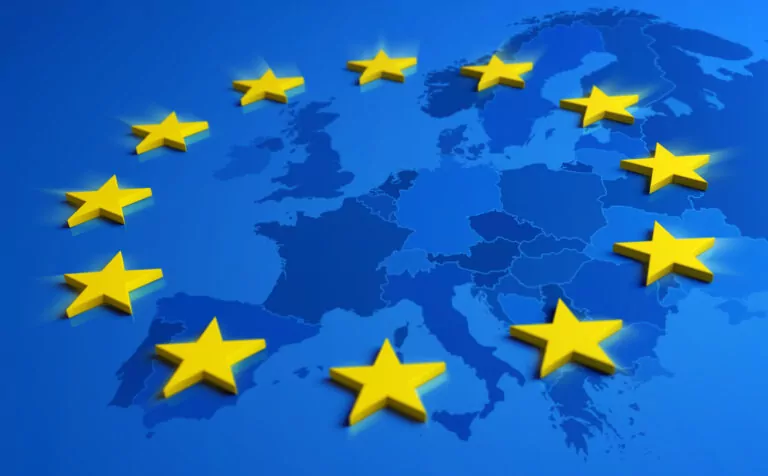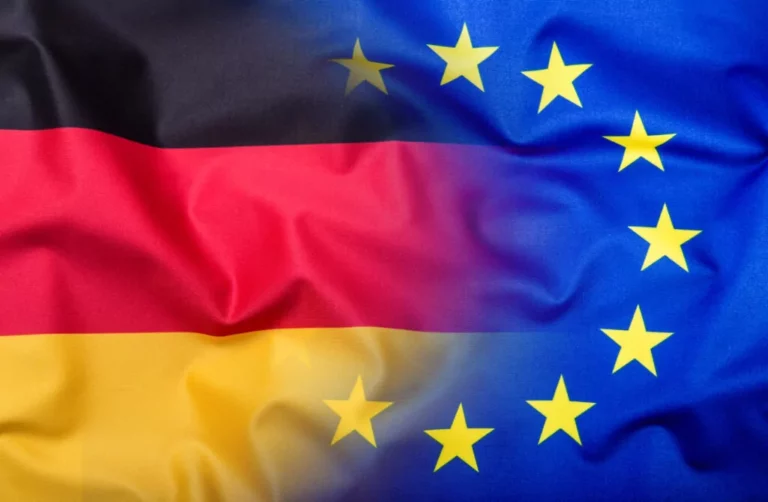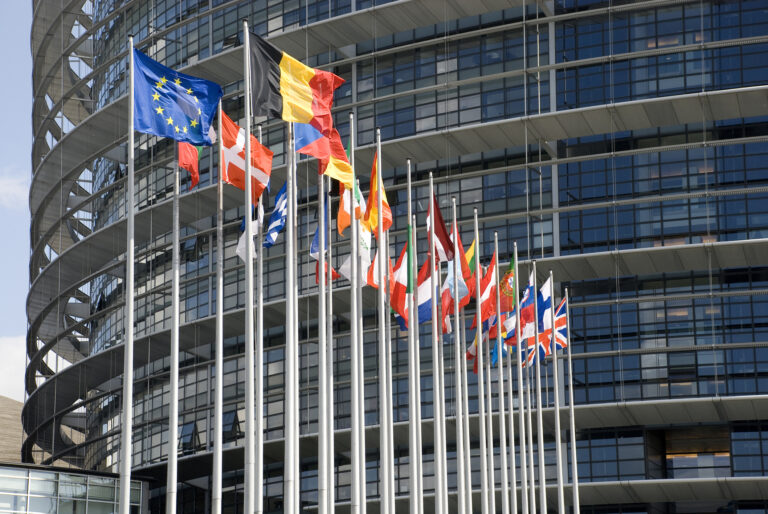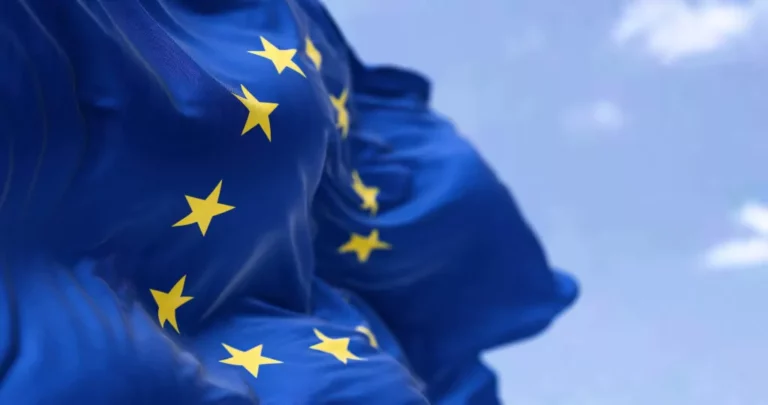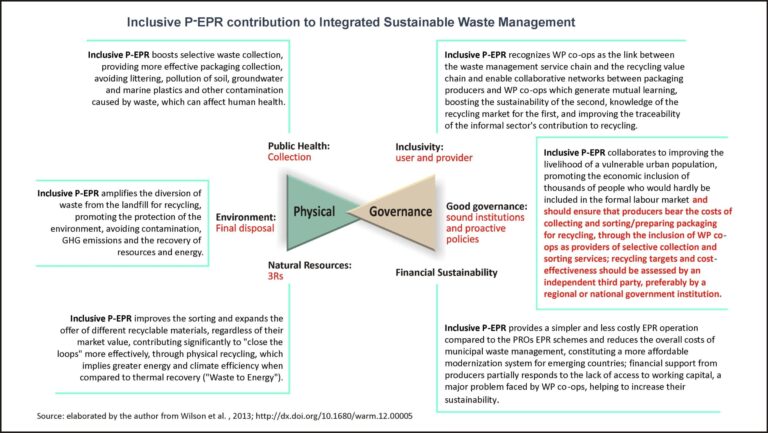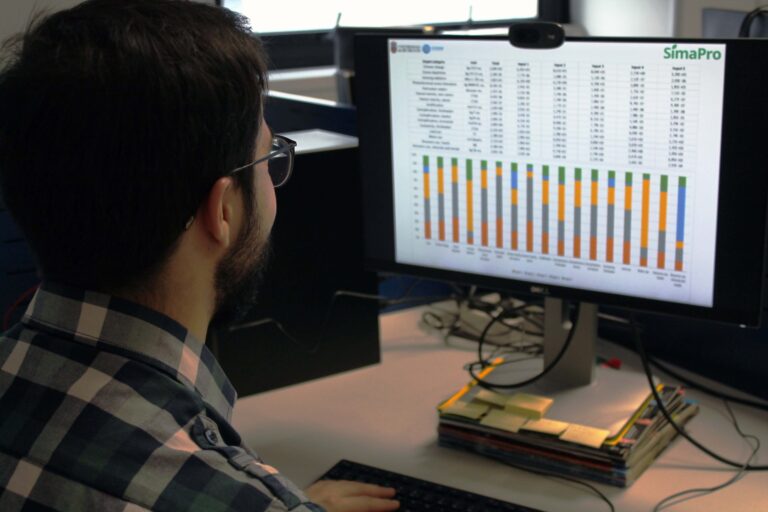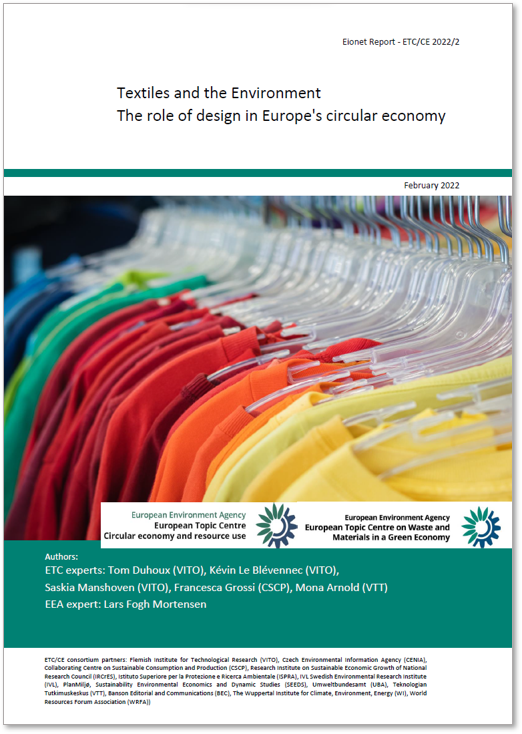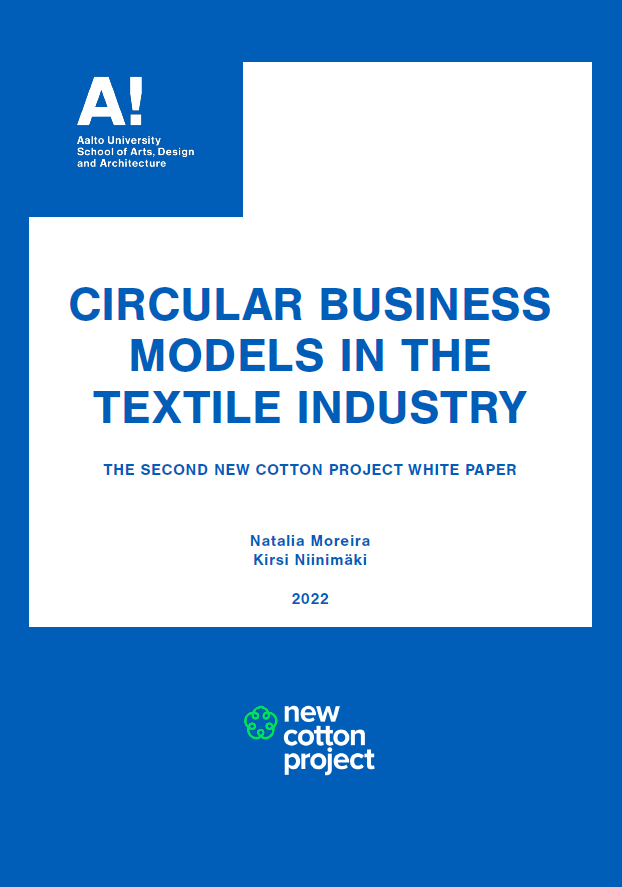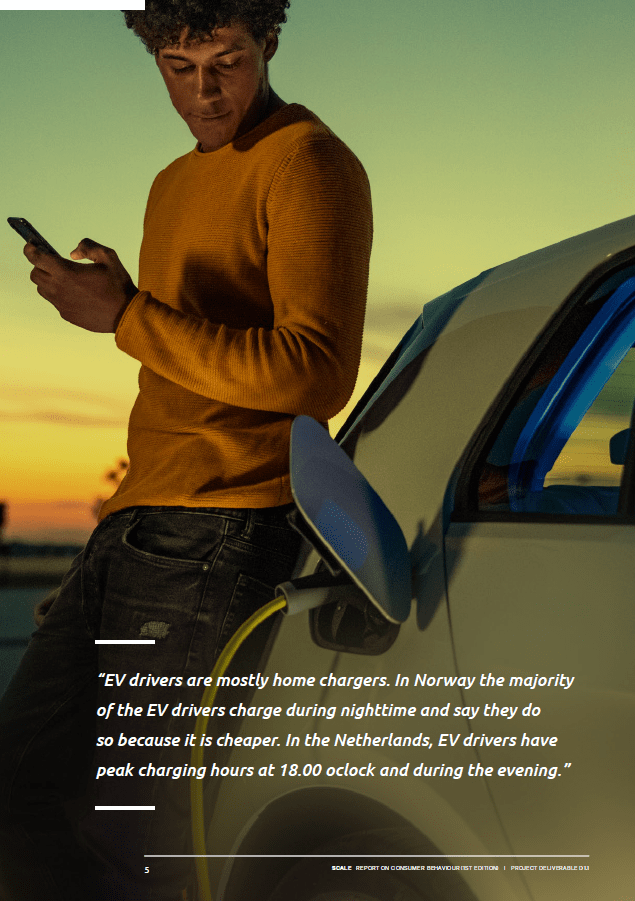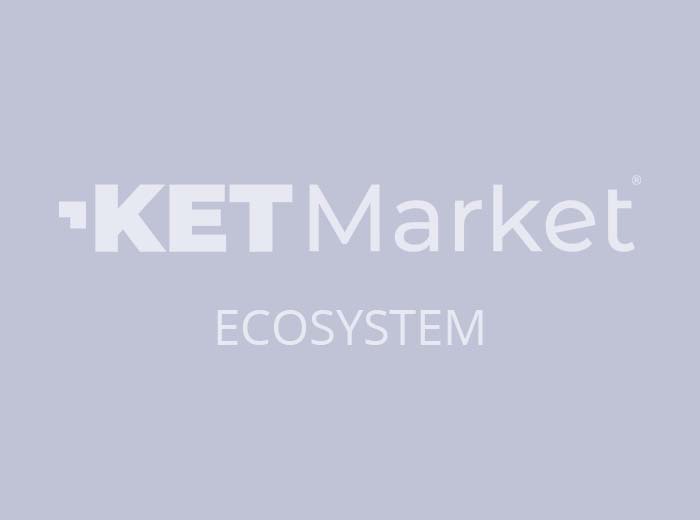Add to favorites:
Share:
Expected Outcome
In supporting the implementation of the European Green Deal, and in particular the 2020 circular economy action plan (CEAP), the Waste Framework Directive, the upcoming Green Claims Directive, the EU Ecolabel and the Ecodesign for Sustainable Products Regulation (ESPR), successful proposals will contribute to the expected impacts of this Destination, notably to benefits for industry and consumers from new opportunities both through sustainable novel products in line with ecodesign principles, and novel circular business models that have a mitigating impact on resource use and greenhouse gas emissions.
Project results are expected to contribute to all of the following expected outcomes:
- increased awareness of consumers of the importance of their choices, and of available sustainable and circular purchasing and use options, and demonstrated willingness to change their consumption behaviour accordingly; value of making circular purchasing decisions has been demonstrated to consumers;
- guidance is made available to public authorities and civil society organisations on how awareness about sustainable and circular consumption decisions can be increased and how decisions for consumption with a lower environmental footprint and lower greenhouse gas emissions can be motivated;
- circularity-related knowledge and skills of economic operators including product designers are strengthened, with the intention to make sustainable circular products and services more attractive to consumers, in view of their benefits in terms of reduced pollutant and GHG emissions and reduced pressure on biodiversity and ecosystems. .
Scope
The transition to a circular economy is key to reducing pressures on natural resources. It is also a prerequisite to achieve the EU’s 2050 climate neutrality target and to halt biodiversity loss. Sustainable consumption and production are key elements in the societal transition to a competitive circular and sustainable economy. Decoupling economic activities and human well-being from natural resource use and environmental impacts is essential and necessary. As part of the transition, with the emergence of circular and sustainable products, consumers will play an even more important role in making sustainable choices. Consumer empowerment encourages sustainable choices, which in return contribute to pollution reduction and climate neutrality.
Proposals should address the gaps in public awareness about the environmental impacts of the mainstream consumption patterns and between prevalent consumer knowledge/awareness and actual behaviour. Proposals should make use of social innovation and should analyse and identify the economic, social, behavioural, psychological, technical and legal barriers and levers for the uptake of circular and sustainable products, solutions and services. The analysis should address relevant aspects of fairness, equality, diversity, inclusion, and gender.
Proposals should first assess the patterns and underlying motivations of consumption habits through experimentation within various cultural, geographical, social, demographic, and economic groups. Based on this assessment, projects should draw and evaluate possible pathways to behavioural change of various economic actors (municipalities, companies including retailers and service providers, end-users) to enable the transition to circular and sustainable economy. These pathways should show how to change the demand for products and services with high environmental impacts and resource intensity, towards more circular and sustainable ones, including used and second-hand products, sharing services, repairability and durability. Possible environmental impacts in this context should be seen from a lifecycle perspective, including and valuing in monetary terms environmental externalities and building on rules set in Environmental Footprint methods wherever possible. The pathways should include policy, governance and business recommendations in all relevant areas (economic, behavioural, educational, technical, legal, cultural, etc.).
Power imbalances between industry and civil society should be addressed, and the impact and potential of Ecodesign, Ecolabel, green claims, and of digital infrastructures and Digital Product Passports should be explored with a view to changing vantage points and consumer behaviour.
Convincing narratives, framing strategies and storytelling tactics should be developed, improving knowledge of selling points, i.e., which features and qualities make a product or service attractive for consumers.
Proposals should explore the territorial and geographical dimensions of consumption patterns, and aim at synergies with the New European Bauhaus and the Circular Cities and Regions Initiative (CCRI). Proposals are strongly encouraged to organise joint activities, ensure synergies and undertake clustering activities with CCRI projects and the CCRI CSO.
For this topic, the engagement of citizens and civil society in the project activities is central to achieving the targeted outcomes. This topic also requires the effective contribution of SSH disciplines and the involvement of SSH experts, institutions as well as the inclusion of relevant SSH expertise, in order to produce meaningful and significant effects enhancing the societal impact of the related research activities.
Proposals are encouraged to consider, where relevant, the services offered by European research infrastructures such as ESS ERIC or other relevant research infrastructures[1].
The JRC may provide expertise in circular economy policy and foster coordination with on-going related activities and participate, potentially, in the projects Scientific Advisory Board.
[1] The catalogue of European Strategy Forum on Research Infrastructures (ESFRI) research infrastructures portfolio can be browsed from ESFRI website https://ri-portfolio.esfri.eu/
Partner Requests
Explore Real Collaboration Opportunities
🔍 As a logged-in member, you now have exclusive access to all active Partner Requests for this Funding Call.
See who’s looking for collaborators, explore exciting project ideas, and discover how others are planning to make an impact.
💡 Use these insights to get inspired—or take the next step and start a request of your own (3 entries for free).
Log in or registrate here for free.
You must be logged in to submit or manage a partner request.
Ask our experts about this call
Connect with the Listing Owner!
💬 Please log in now to send a direct message to our experts and ask your questions. Not a member yet? Sign up for free and start connecting today!
Related Funding and Finance Opportunities
Unlock Exclusive Funding Opportunities!
🔑 Get instant access to tailored funding opportunities that perfectly match your needs. This powerful feature is exclusively available to our premium members—helping you save time, stay ahead of the competition, and secure the right funding faster.
Upgrade to Premium now and never miss an important opportunity again! Already a premium member? Log in here to explore your matches.
Related Innovation Offers
Related Knowledgebase Resources
Discover More with Premium: Related Knowledge Resources
🔒 You’re missing out on expert-curated knowledge specifically matched to this topic. As a Premium member, you gain exclusive access to in-depth articles, guides, and insights that help you make smarter decisions, faster.
Whether you’re preparing a funding proposal, researching a new market, or just need reliable information—our Premium knowledge matches save you hours of research and point you directly to what matters.
Upgrade to Premium now and instantly unlock relevant knowledge tailored to your needs! Already a member? Log in here to view your personalized content.
Access Restricted
This funding opportunity is only fully available to premium members.

